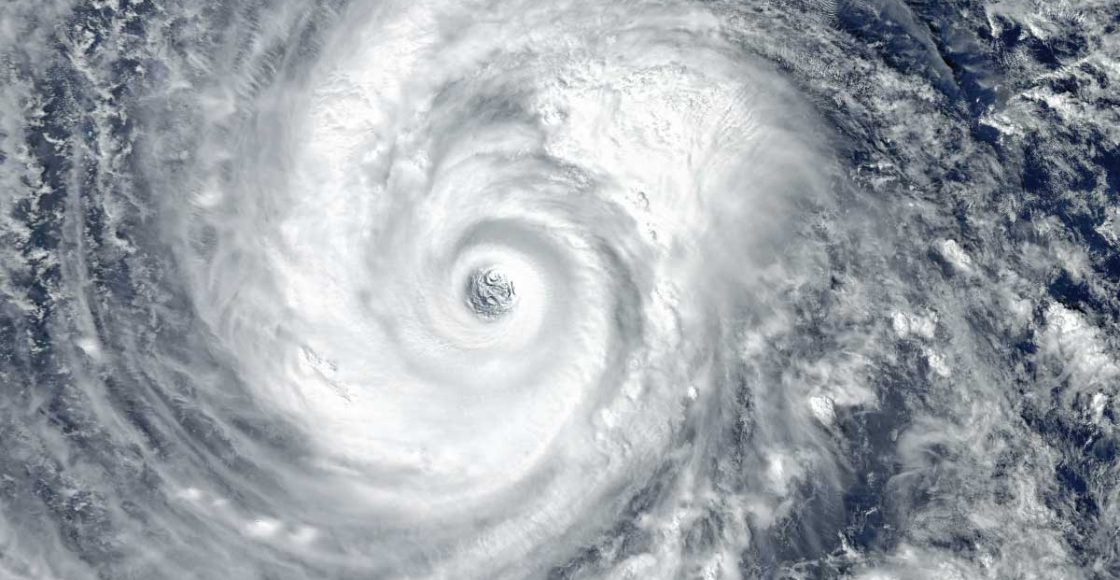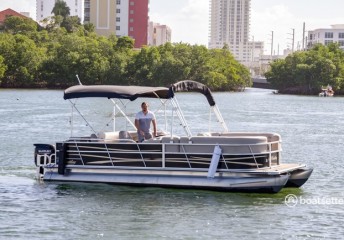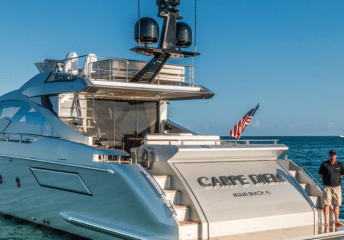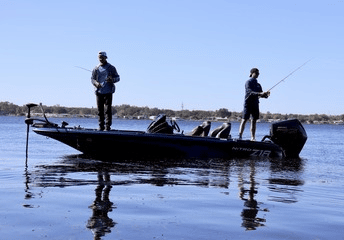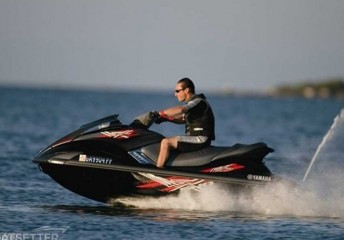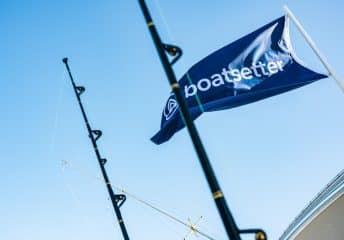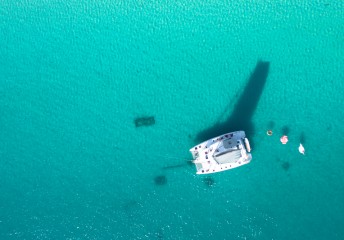NOAA Forecasts Above-Average 2025 Hurricane Season — Here’s How to Prepare Now
Last Updated on July 7, 2025 by Boatsetter Team
The 2025 Atlantic hurricane season is already making headlines. Just 24 hours ago, Tropical Storm Andrea became the first named storm of the year, marking an early start to what NOAA anticipates will be an above-average season. Officially, the season runs from June 1 through November 30, with the highest activity typically occurring between August and October.
For those living along the U.S. coasts especially in areas vulnerable to tropical storms, you may be wondering: What’s different about this year’s hurricane season? How can I prepare ahead of time? And how does will this impact my summer and fall plans?
This post has you covered.
A quick look back at 2024’s hurricane season
The 2024 season brought several powerful storms to U.S. shores, including Hurricane Helene, which delivered a direct hit to Tampa Bay, causing mass evacuations and power outages. Later, Hurricane Milton — a rare Category 5 — intensified the damage on Florida’s west coast. It also inspired something new: our First Responder program, which launched in Los Angeles and Tampa to offer healing, peaceful days on the water to frontline heroes.
According to NOAA and the World Meteorological Organization, 2025 brings more favorable conditions for frequent, longer-lasting storms on both the East and West coasts. As illustrated in the NOAA hurricane season outlook graphic below, the forecast calls for a higher likelihood of storm activity compared to recent years.
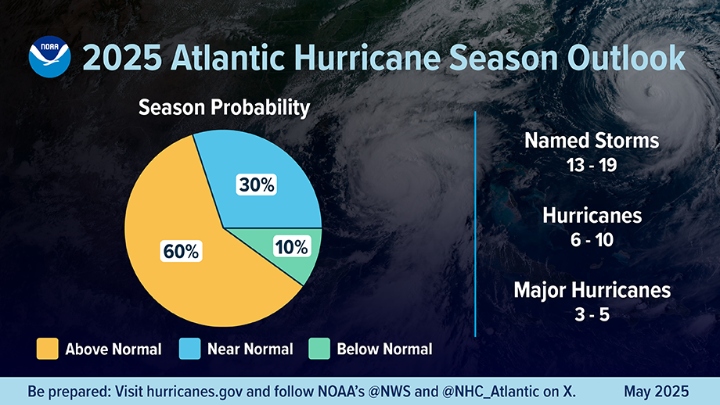
At Boatsetter, we believe preparation is key, no matter what kind of hurricane season is being predicted. We support the science behind seasonal outlooks and storm tracking. Organizations like NOAA and WMO are critical in helping the public, the boating community, and local governments plan and stay safe. We’re proud to align with their work and share that knowledge with our community of Guests, Owners, and Captains.
Trip protection that works for you
Boat trips booked through Boatsetter are all backed by the Boatsetter Promise — a robust set of policies designed to give you peace of mind. If severe weather, including hurricanes, affects your trip, you’re covered. That includes any government-issued warnings or emergencies that impact your booking’s location or timing.
Your hurricane preparedness check list
You don’t need to be a storm expert to stay safe during the 2025 hurricane season. Just keep these high-level tips in mind:
-
Monitor local weather before and during your trip via NOAA or local alerts
-
Be flexible with your travel window if a storm is projected to develop
-
Download emergency alerts to your phone in advance
-
Keep key contacts handy, including your Captain and Boatsetter Support
-
Avoid travel during official weather warnings or evacuation orders
If you live in a storm-prone area, it’s also a good idea to keep a basic emergency kit on hand with:
-
Flashlights and batteries
-
First-aid supplies
-
Water (1 gallon per person per day for 3–7 days)
-
Non-perishable food
-
Important documents in a waterproof container
Whether it’s a hurricane or wildfire, storm season can feel unpredictable and anxiety inducing. At Boatsetter, we’re here to support with proactive planning, flexible protection, and a community that stays prepared when it matters most. Let’s stay safe, stay informed, and enjoy the water together.

Boatsetter empowers people to explore with confidence by showing them a world of possibility on the water. Rent a boat, list your boat, or become a Boatsetter captain today.
